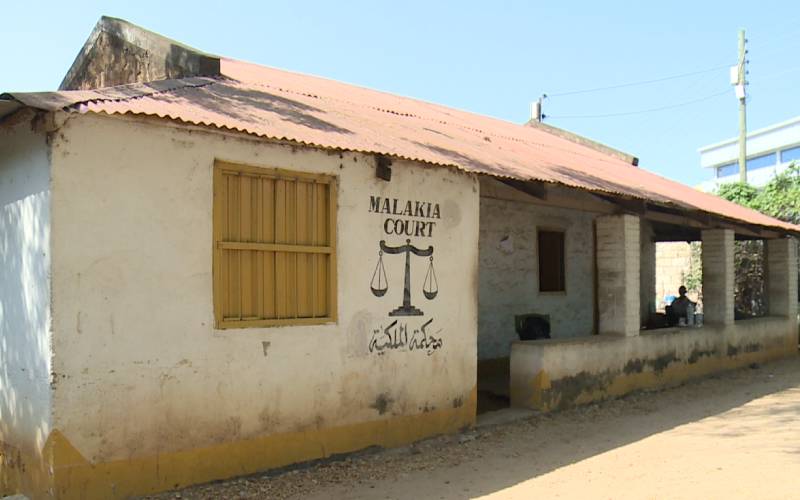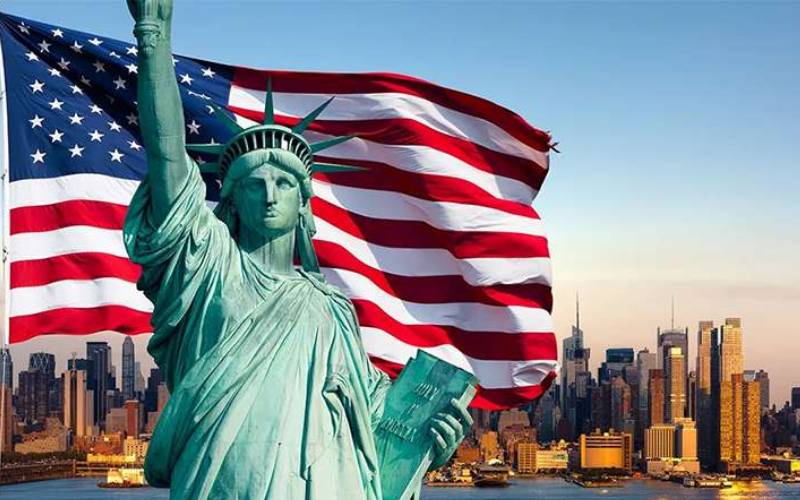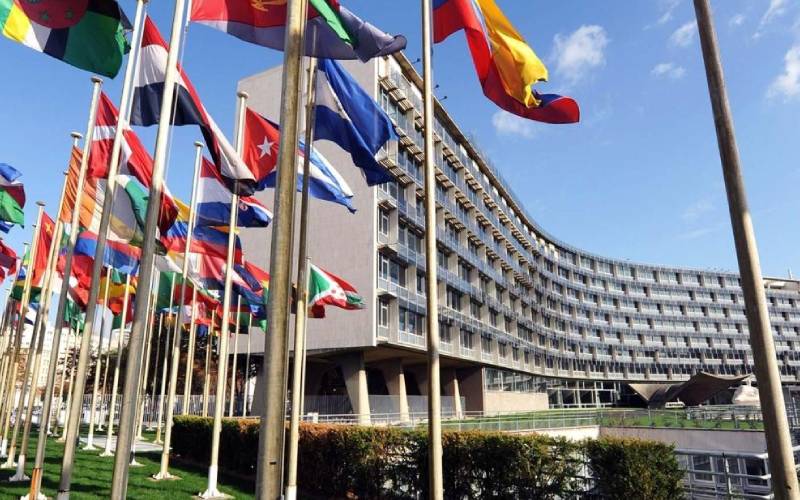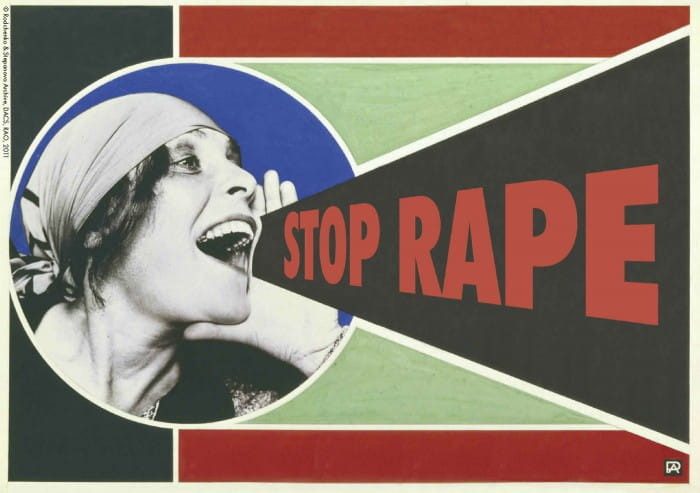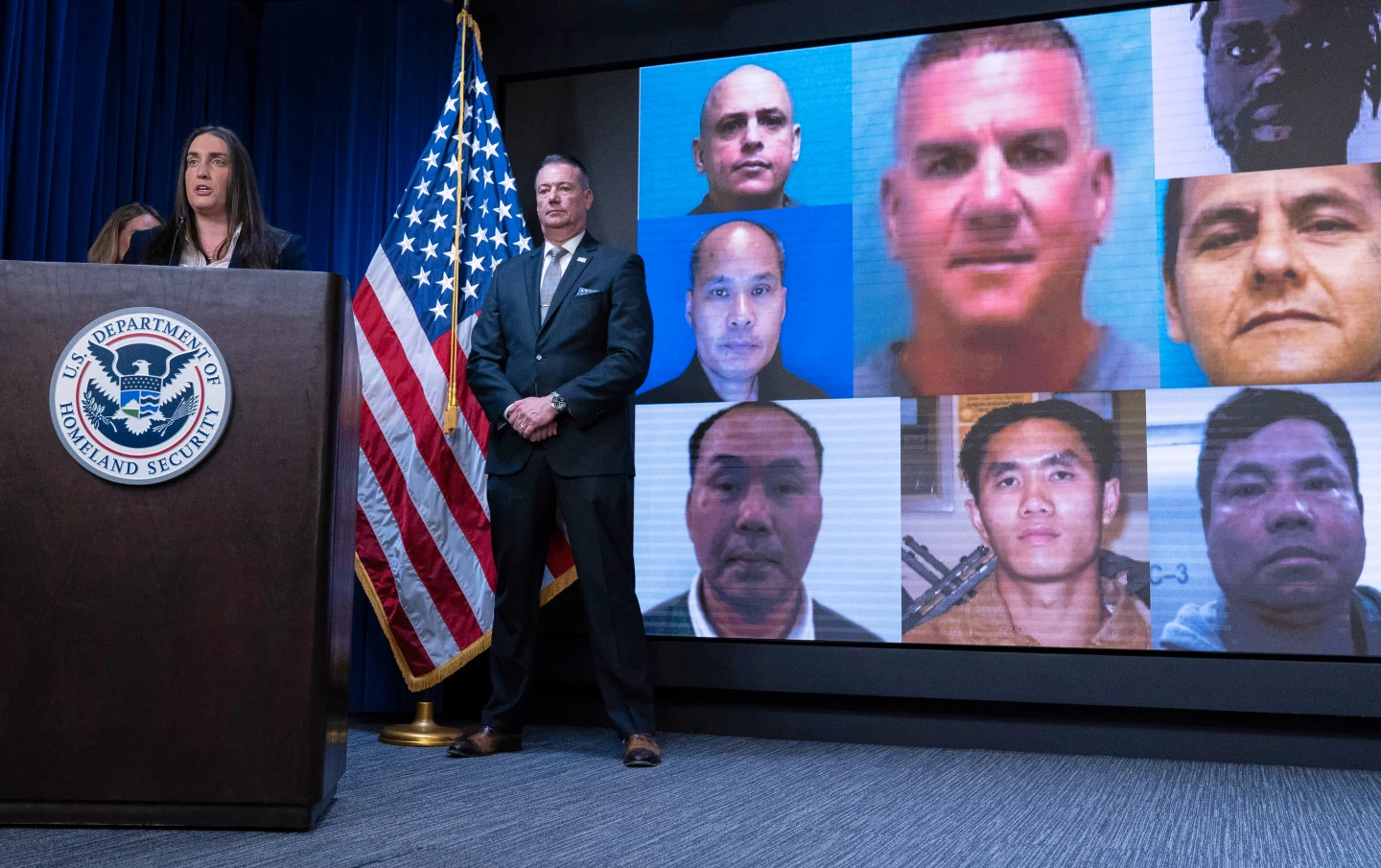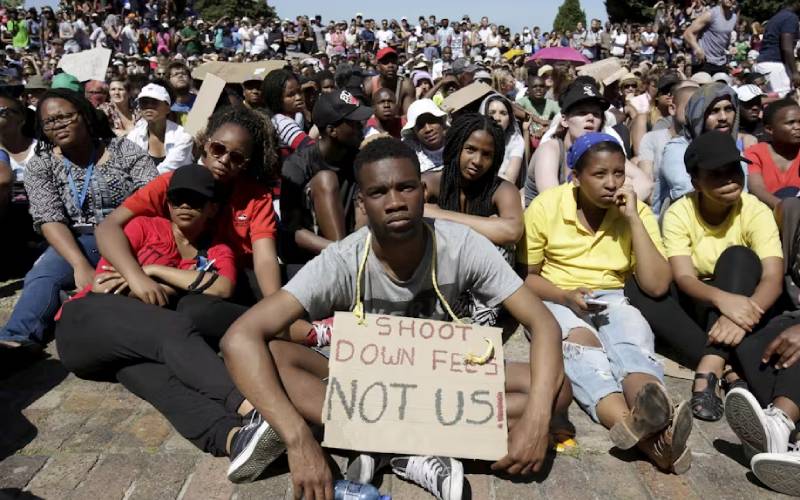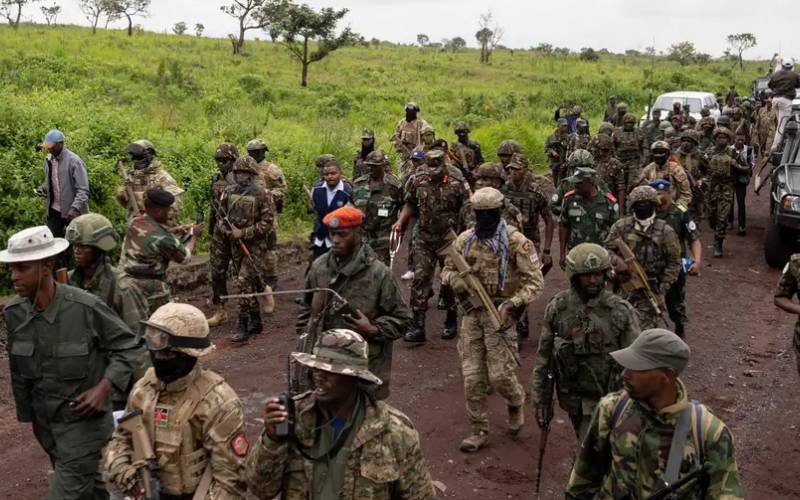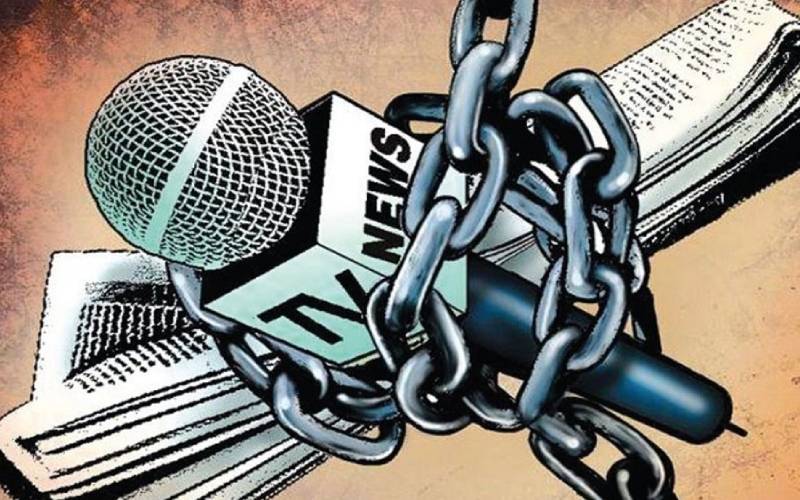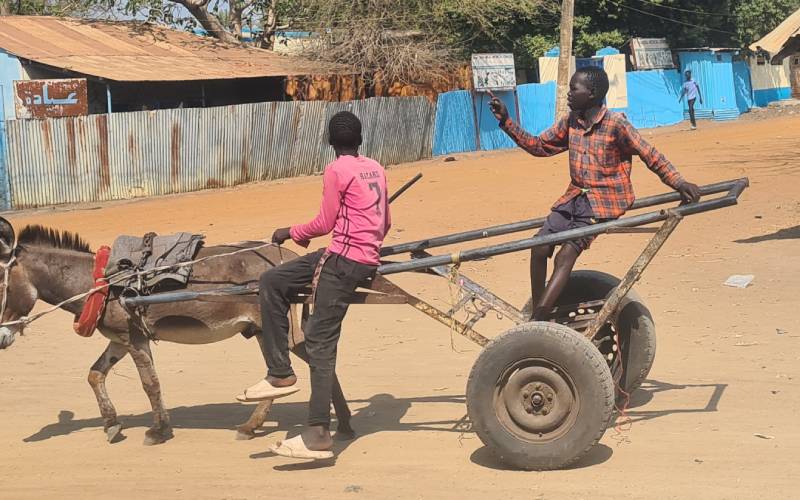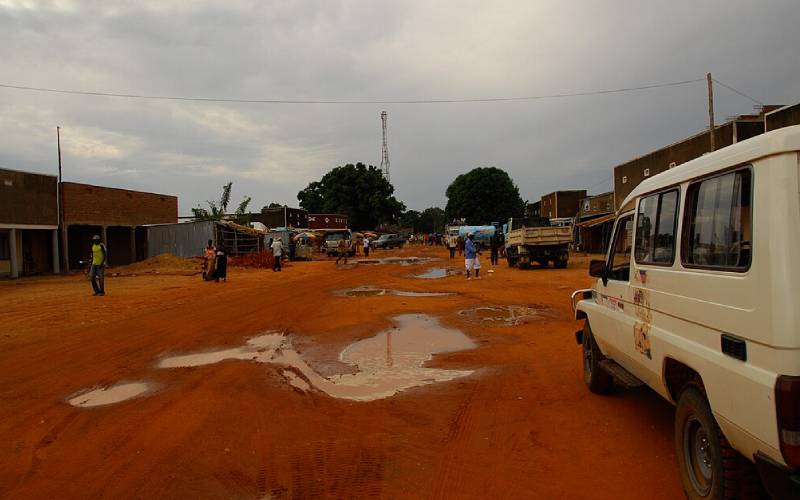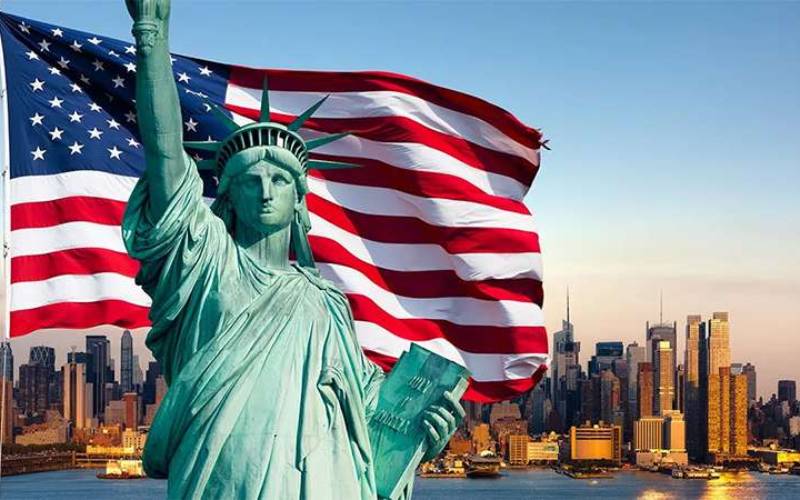By Oyet Patrick Charles
I genuinely miss the Juba where you could hop into a “mwasalat” (taxi) and simply snap your fingers to signal the driver to stop, without having to say a word. Getting anywhere in the city would cost no more than a single Dinar. It was often just a coin, “Kumsumia” or fifty piastres, which is the Juba I yearn for today!
The Juba I recall is one where you would take out your coin to pay the conductors, who were typically children, and they would often quip that someone else had already covered your fare.
I think of that Juba when I remember how a friend, an engineer from Uganda, declared he would return to his homeland, Uganda, to change the names of his family. His admiration for the lifestyle in Juba inspired him to rename his family members after different locations in Juba. He mentioned he would rename his son Hai Malakal, his daughter Malakia, and his wife Juba Raha.
Back then, Juba had very few restaurants, one of which was called Mama Zahara, serving a variety of local and regional dishes. We used to enjoy foul masr (beans), fish, roasted chicken, and bread, always accompanied by bottles of Coca-Cola. The same spirit of kindness and generosity extended to eateries. You could enjoy a meal and find that by the time you went to settle the bill; the cashier would tell you that someone else had taken care of it.
Today, the reality is vastly different, and life in Juba feels like a mere shadow of its past. Just two weeks ago, an old friend visited a restaurant and ordered food. When he went to pay, he was taken aback by the total, a staggering $10, which he didn’t have on him at the time. Since I live close to that restaurant, he had to call me. I hurried to help him out when it looked like things were about to escalate.
Such an occurrence wouldn't have taken place in the Juba of my cherished memories. Back then, the restaurant owner would have simply allowed my friend to leave without settling the bill.
The so-called “niggers,” “torontos,” and “Sherikat gangs” had not yet emerged. Juba was a place of safety. However, on the downside, only a few fortunate households had latrines, while the less fortunate, like some of us, dug shallow holes in the ground that served as makeshift pit latrines, particularly during the evening.
There were a limited number of commercial toilets and showers in the markets made from plastic, where you would pay “kumsumia” to use them. Upon payment, you would receive a small piece of toilet paper along with a tiny bar of soap to complete your wash. The size of the toilet paper sometimes frustrated me, as it was often cut so small that it failed to serve its intended purpose, but despite it all, I still miss that Juba.
Today, Juba has undergone significant changes. Now, every household features a toilet or latrine as well as at least one bathroom. Recently, I went to take a shower and hung my trousers on the bathroom door, which is one of those outdoor bathrooms by the perimeter wall. By the time I finished bathing, my trousers were gone; someone had stolen them.
I was fortunate that at that moment, there was no one else at home, so I had to sneak back to the house without any clothes on, bending over as if I had severe stomach pain. I was filled with fear, imagining someone walking into the compound just as I was trying to reach the house and catching sight of me in the nude; that information could have spread through the village, leading to an entirely different narrative.
I was also anxious about citizen journalists. I was distressed for days, worrying about the possibility of someone snapping a photo of me as I made my way to the house. What if they shared that picture on Facebook? Thankfully, that scenario didn’t occur.
The Juba I remember lacked Facebook, WhatsApp, and the multitude of social media platforms we currently have, free from trolling, hate speech, misinformation, and people seemed to be generally happier.
Only Sudani and Zain telecommunications companies offered mobile communication services back then. We relied on in-person meetings, as it was a reliable means to connect with people. Then came Gemtel Telecommunication Company, which was more locally owned but faced various limitations. Obtaining sim cards was more challenging than getting a handset. Some thieves might snatch your phone but would leave the handset behind after removing the sim card.
The sim card would quickly be inserted into a different phone, allowing the person who stole your phone to call and talk to you. These sim cards cost $100 and were rarely available. We lacked technology for tracking lost phones, so once you lost your sim card, that was the end of it.
All the roads were dusty, despite the intense heat and dry weather. There were only a handful of houses with solid perimeter walls. At that time, we had only a few traffic police officers, and they didn’t require logbooks from drivers. Vehicles were registered with the New Sudan (NS) series. Those with Central Equatoria Temporary Plate Number registration displayed "CETP" stickers.
Supplies from Uganda and Kenya used to pass through Kaya-Yei before arriving in Juba, while the now well-known Juba-Nimule Road was closed, heavily infested with landmines. The current obsession with fuel-guzzling vehicles like V8 models didn’t exist. Instead, there were other competing models.
General Isaac Obuto Mamur was among the few notable and privileged individuals who owned a collection of vehicles that included Hummers and Jeeps, which were quite rare at that time. A small number of affluent people also drove cars known as “Big Horn.”
Juba had a limited number of hotels, such as Mango Camp and Civicon (now known as Oasis). It was quite rare to find South Sudanese women employed in those hotels, as it was considered a significant social taboo. An example of this was when my brother’s wife secured a receptionist position at Juba Grand Hotel but was ultimately prohibited from taking the job. My brother thought that such roles were associated with promiscuity, leading to the hiring of many staff from the Philippines at Juba Grand Hotel.
Not long ago, I inquired if my brother had reconsidered his stance on his wife working in the hospitality sector, and it appeared that he had indeed changed his mind.
We held our film (drama) rehearsals at Kumoyangi Primary School, which has since been replaced by Landmark Hotel. When I visited Landmark Hotel last month, I hoped to recapture the nostalgia of the school, but that feeling was absent.
The only political parties we recognized at that time were the Sudan People’s Liberation Movement (SPLM), the armed forces known as Sudan People's Liberation Army (SPLA), the National Congress Party (NCP) led by former president Omar Al Bashir, and the Sudan Armed Forces. Nowadays, I hear that we have approximately nine commanders-in-chief, mysterious gunmen, and over thirty (30) political parties; indeed, much has changed.
Oyet Patrick Charles, a journalist and the Chairperson of the Union of Journalists of South Sudan is the author of this article. He can be reached at oyetpatrick12@gmail.com. All opinions expressed in the article are his own and do not reflect the views of any organization he is affiliated with.
